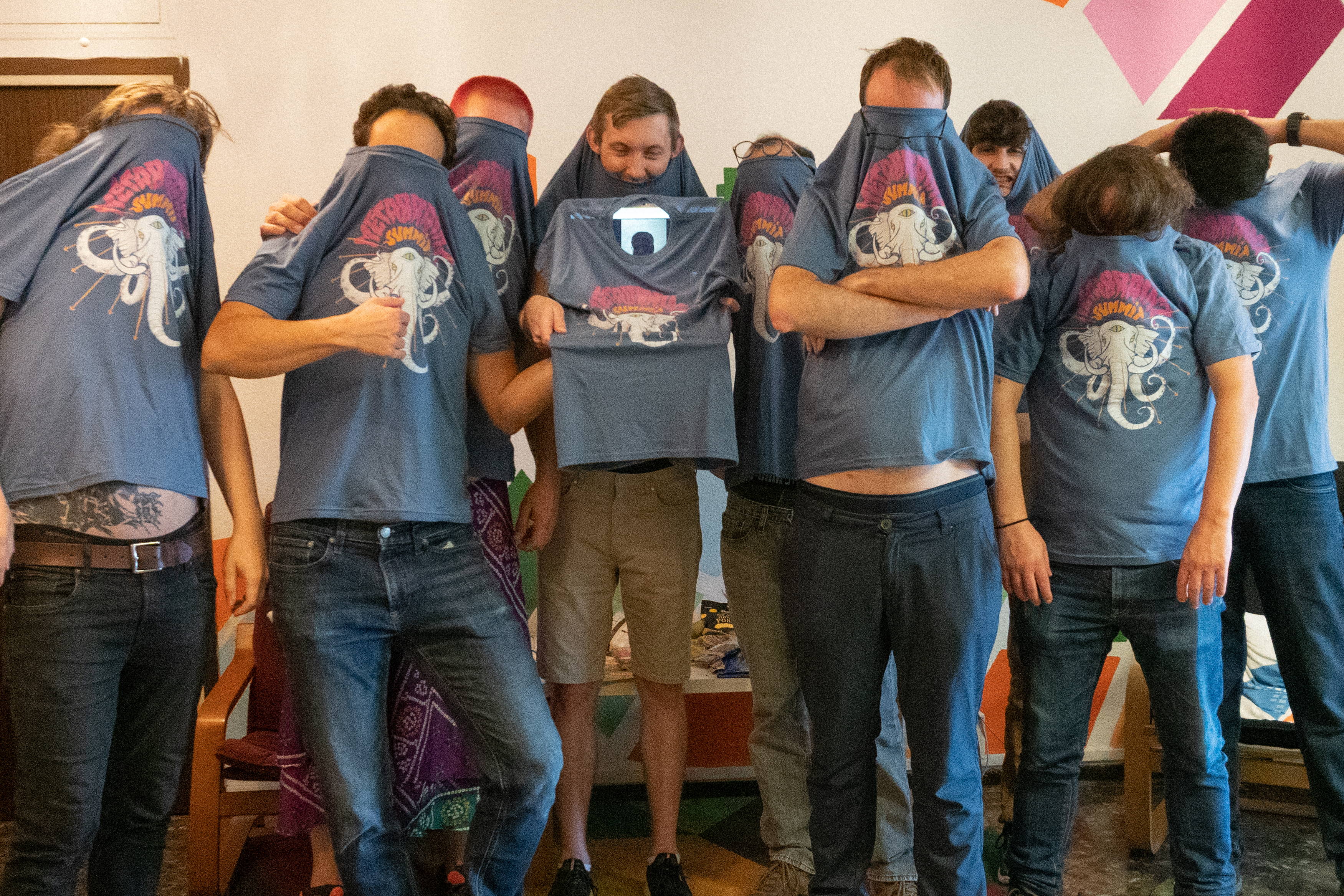Greetings, Everyone!
The MusicBrainz Mobile App developers have been working at full capacity, improving the user experience, incorporating more features and functionalities, while making sure the core purpose of the app remains as promised.
Since its inception in 2010, the MusicBrainz Official App has come a long way. The App currently is highly maintained and has been actively open for contributions. A systematic approach is being followed and updates are being made on a regular basis.
The most important revamp which has been worked on for the past few months is the Tagger feature available in the MusicBrainz Android App.
Functionalities like fetching the local album arts, searching through all your local music files at one go, retrieving the cover art from the server, and heading to the recording directly are some of the key highlights of the upcoming Tagger.
Picard has finally made an official entry to the MusicBrainz App where users can now send their releases to the original Picard desktop app with the click of a button. This has been worked on in collaboration with the Picard team and proper documentation on its usage will be shared soon.
The completely new addition of Listen and Critique showcases the functionalities of ListenBrainz and CritiqueBrainz websites natively from the app. Currently, these will be available as advanced features on the app.
A well-prepared Onboarding and About section will take you through every important detail on the app and make sure you are aware of all the functionalities in the best and optimized way possible.
Proper documentation of every feature is being prepared. The App is finally out in Production, do head to the stores and give it a try!
We are really excited to make the MusicBrainz App as user-friendly as possible for you, while we take care of all the wonder behind it!
Play Store: MusicBrainz – Apps on Google Play
F-Droid: MusicBrainz | F-Droid – Free and Open Source Android App Repository
Github: metabrainz/musicbrainz-android
Thank you!



